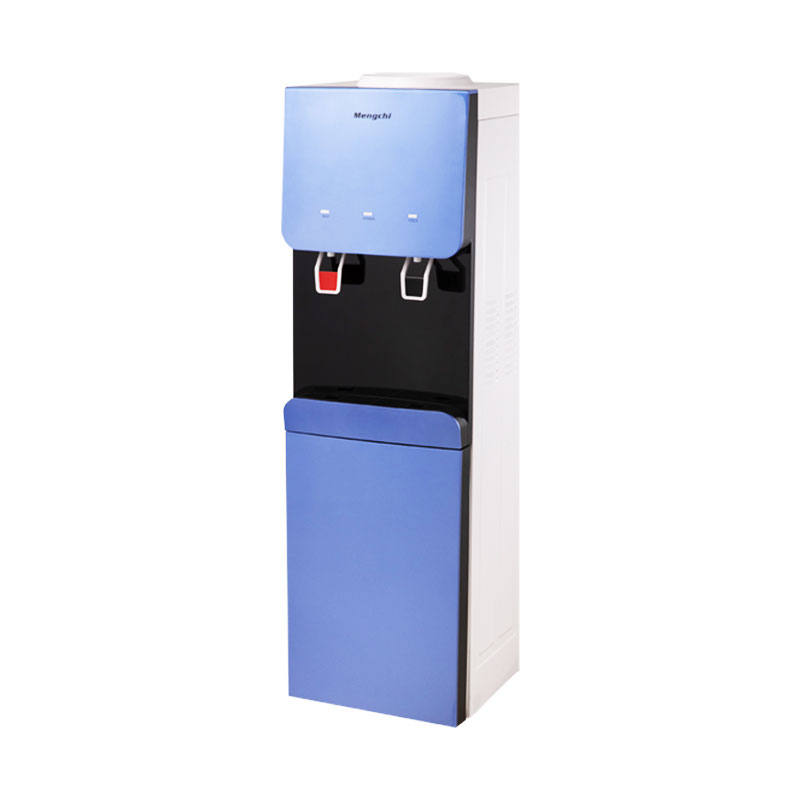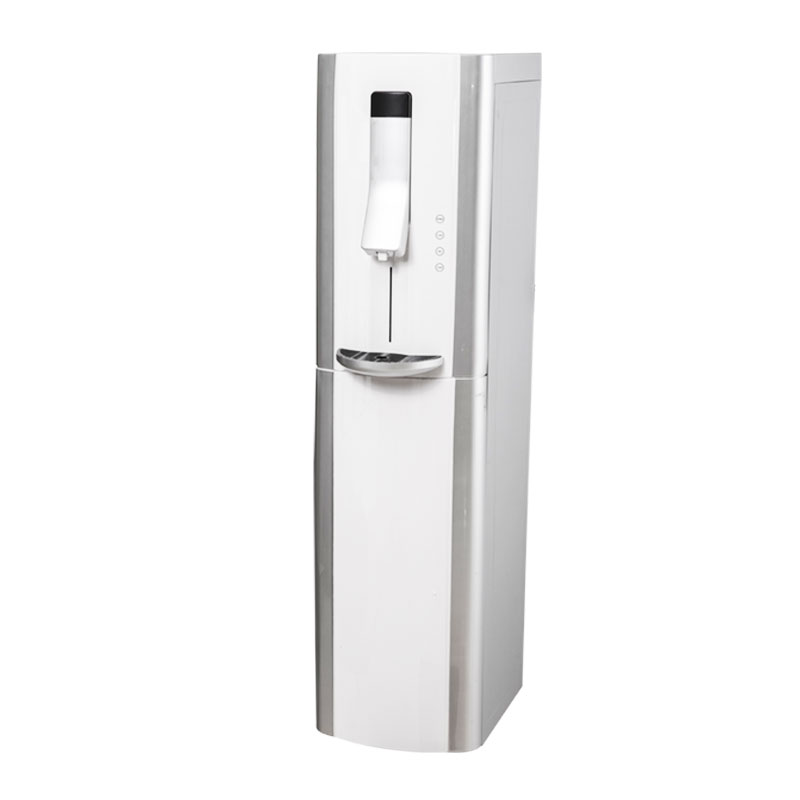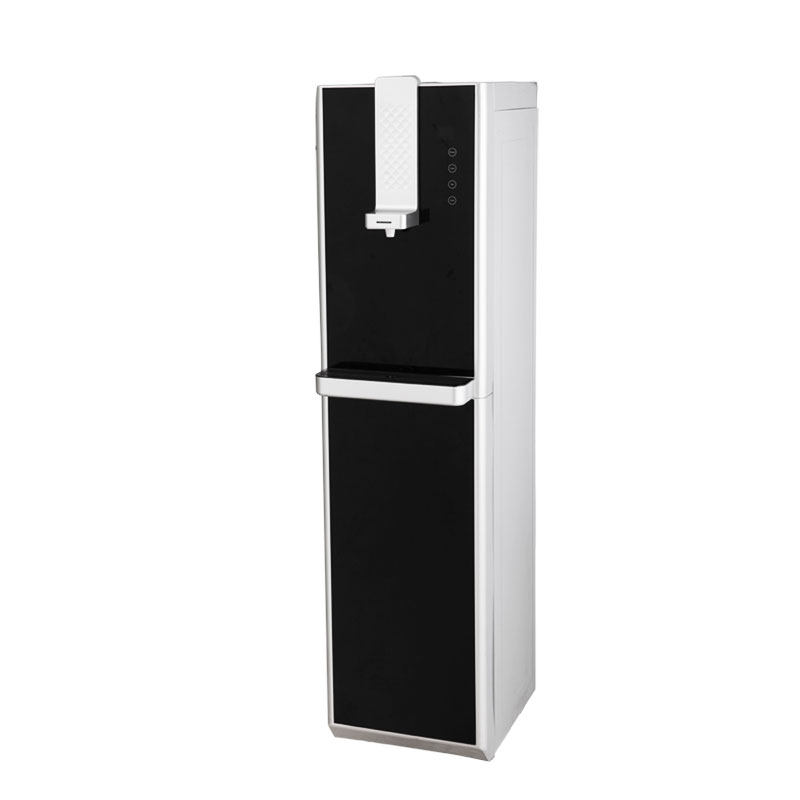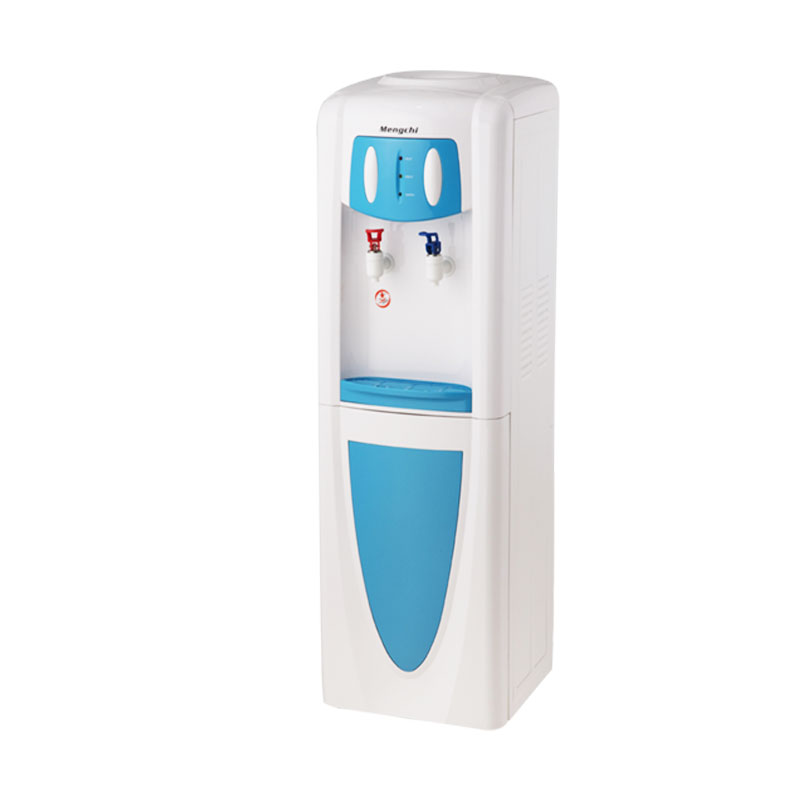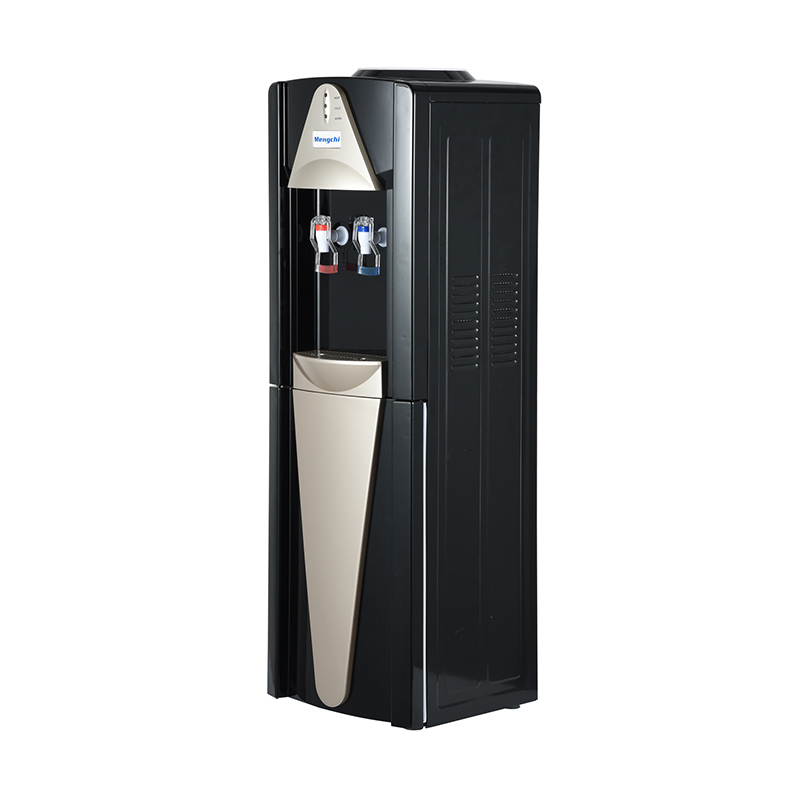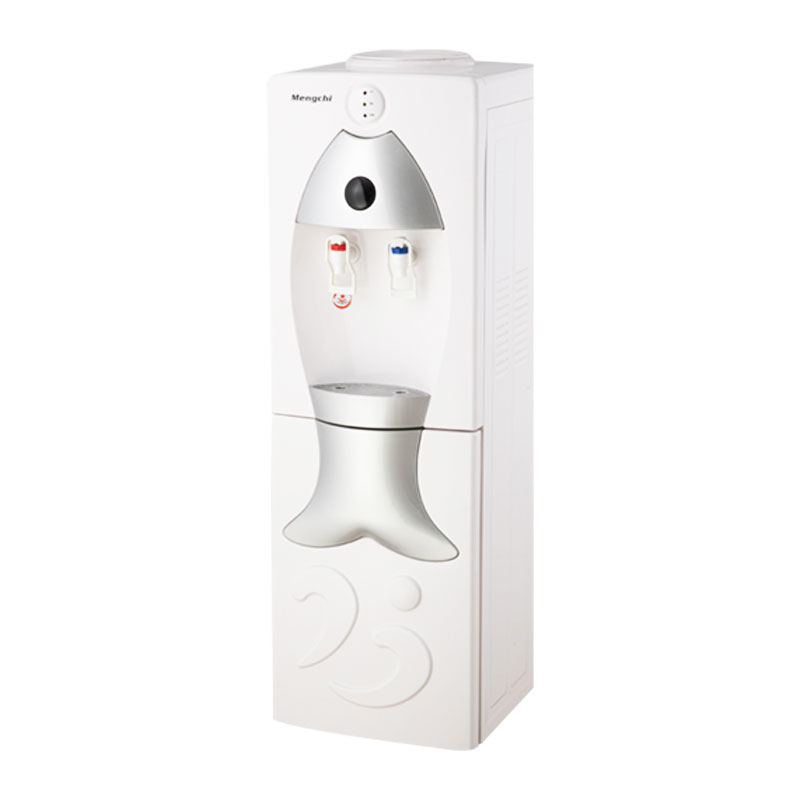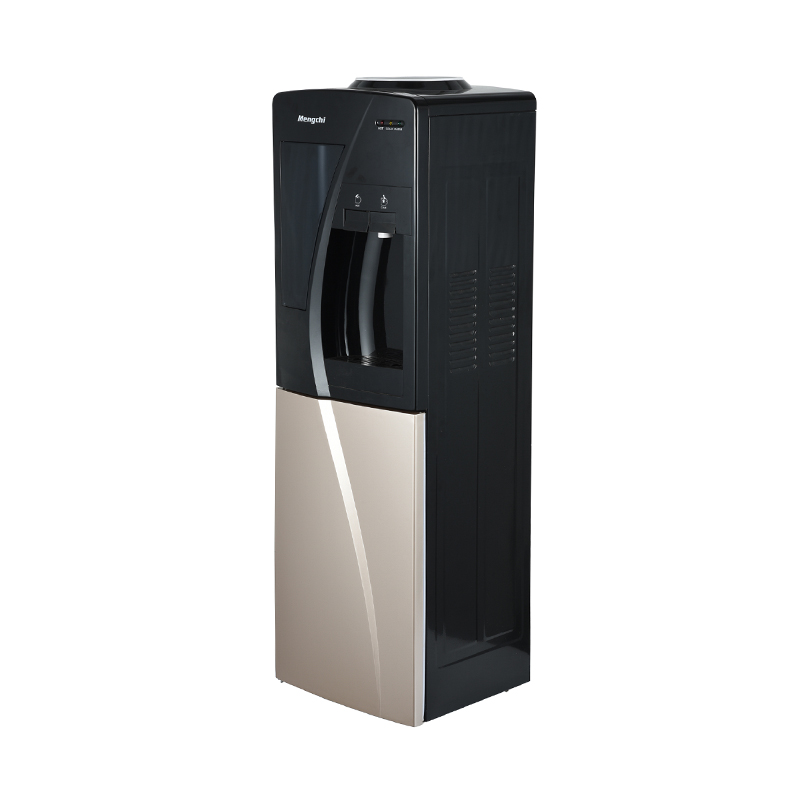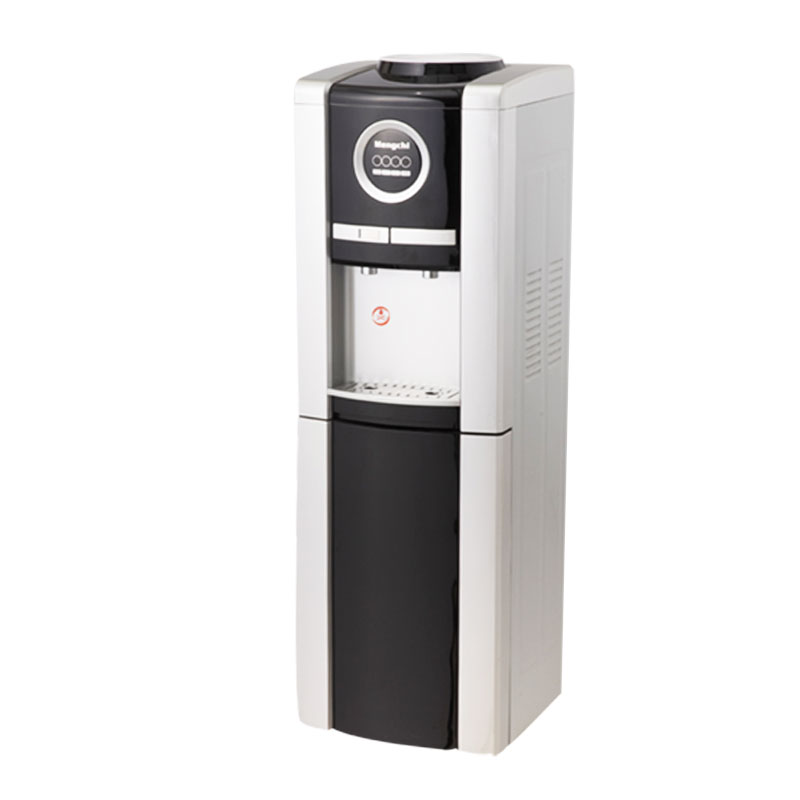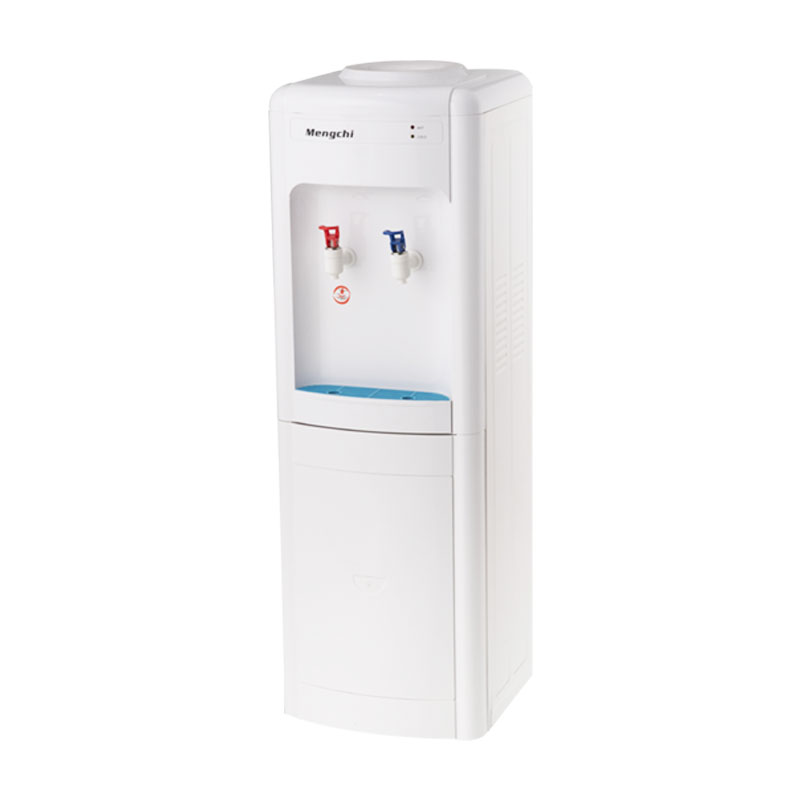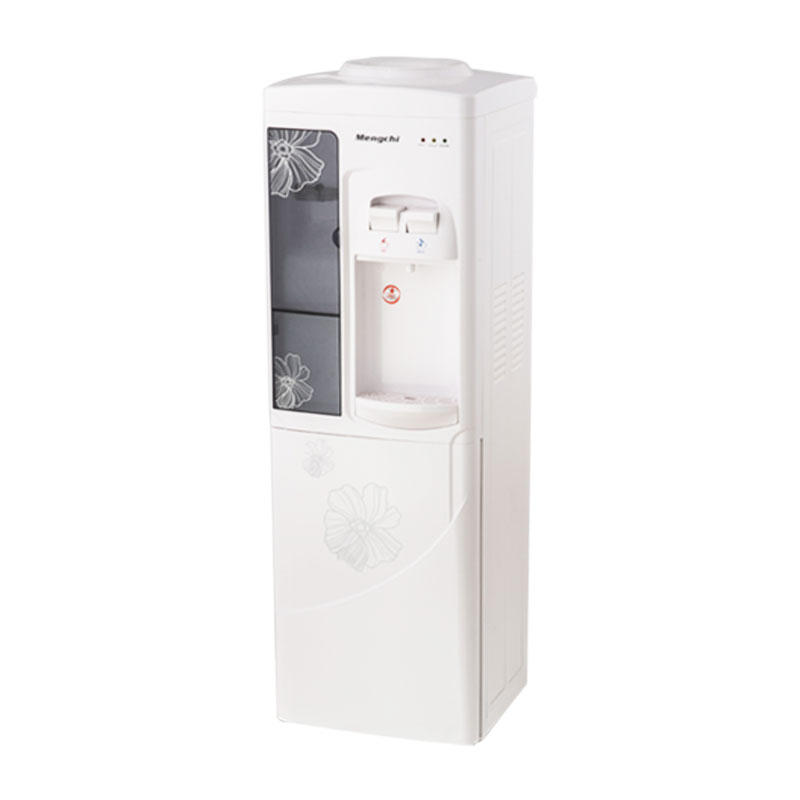Chest Freezer is a popular product in the refrigeration market, and its success is inseparable from the key refrigeration technology behind it. This technology does not exist in isolation, but is closely related to a variety of factors, including environmental factors, refrigeration requirements, energy efficiency standards and material selection.
First of all, environmental factors are one of the important factors affecting Chest Freezer refrigeration technology. Indoor temperature, humidity and external ambient temperature will have a direct impact on its cooling effect. In hot and humid environments, Chest Freezer requires more cooling power to keep the temperature inside the freezer stable. Therefore, during the design process of the refrigeration system, the operating requirements under different environmental conditions must be fully considered to ensure that its cooling effect can meet the needs of users.
Secondly, refrigeration demand is also an important factor affecting refrigeration technology. Different foods have different requirements for freezing conditions. For example, meat, fish, etc. require lower temperatures to maintain freshness. Therefore, the design of the refrigeration system needs to be adjusted according to the user's freezing needs to ensure that food is stored under optimal freezing conditions. This also requires the refrigeration system to be flexible and able to be adjusted according to user needs to meet the freezing requirements of different foods.
Energy efficiency standards are one of the current focuses of global attention. With the increase in energy efficiency and environmental awareness, energy efficiency standards have become a factor that cannot be ignored in the design of Chest Freezer refrigeration technology. Refrigeration systems need to meet or exceed relevant energy efficiency standards to reduce energy consumption and carbon emissions. This requires the refrigeration system to adopt advanced energy efficiency technologies when designing, such as variable frequency compressors, heat recovery, etc., to improve energy utilization efficiency and reduce energy waste.
Finally, material selection is also an important aspect that cannot be ignored in refrigeration technology. In the Chest Freezer, the choice of materials for the refrigeration system directly affects its efficiency and durability. For example, the use of efficient insulation materials can reduce energy loss and improve refrigeration efficiency; while high-quality refrigeration pipes and joints can reduce the risk of refrigerant leakage and improve the stability and durability of the system. Therefore, in the design of the refrigeration system, high-quality materials must be selected to ensure its performance and service life.

